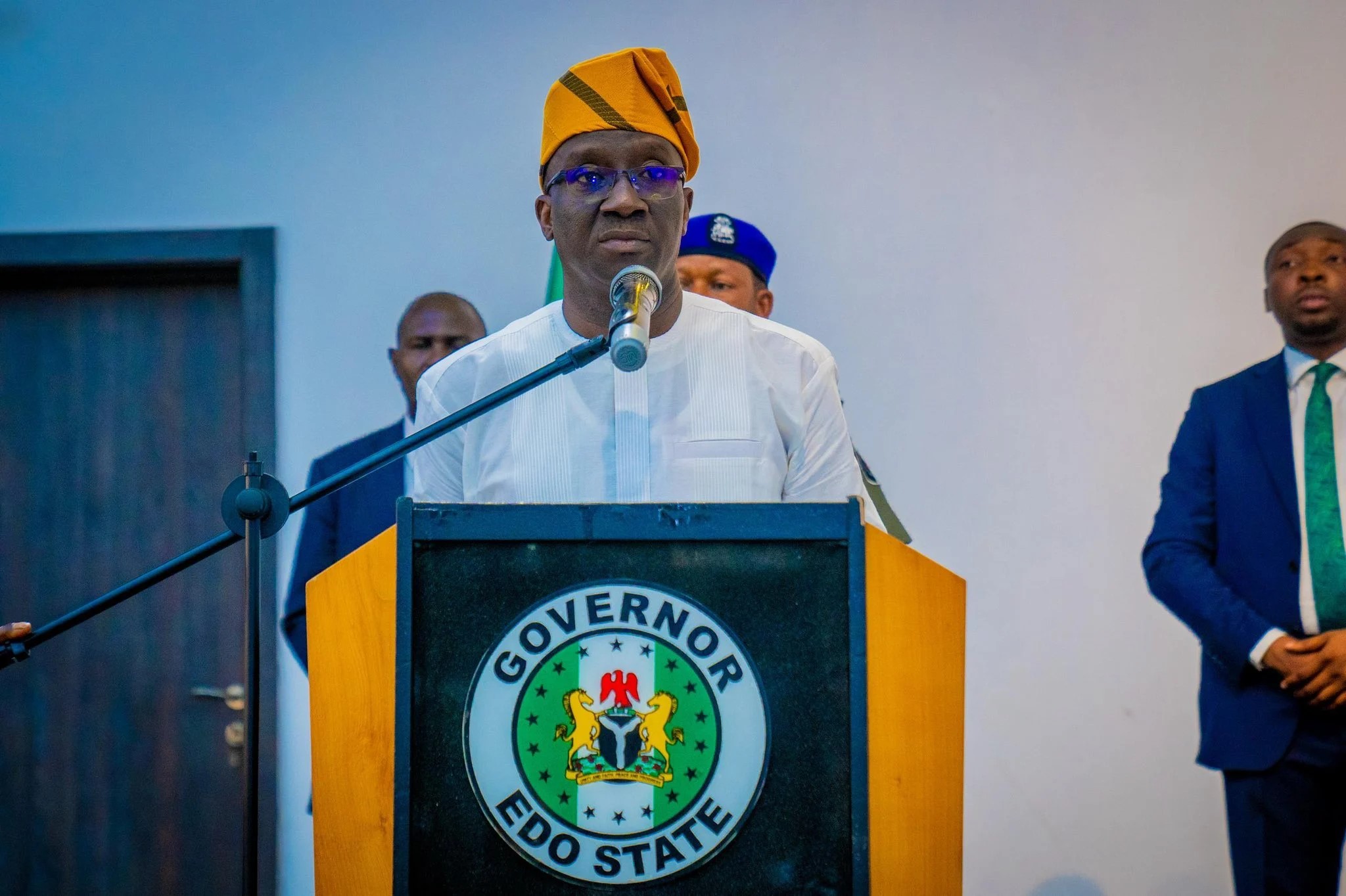
The Nigeria Labour Congress (NLC) has strongly criticised the Federal Government’s newly adopted National Industrial Relations Policy, warning that it criminalises strike actions and seeks to suppress trade union rights.
In a statement issued on Saturday in Abuja, NLC President Joe Ajaero described the policy as a threat to industrial democracy in Nigeria. According to him, the Federal Executive Council (FEC) meeting held on 31 July 2025 revealed the government’s intention to reduce the frequency of industrial actions—particularly strikes—through the new policy framework.
Ajaero said the policy’s focus on curbing strikes, out of numerous workplace issues outlined in the document, betrays a deep-seated hostility towards the rights of workers and trade unions.
“We are shocked that, from a catalogue of hundreds of workplace concerns addressed in the National Industrial Relations Policy, the Federal Government has chosen to single out strikes as its primary concern,” he said. “The press statement reveals the mindset of those elected to protect the interests of ordinary citizens, including workers.”
He recalled that during earlier drafts of the policy, there had been attempts to insert clauses criminalising strike actions—provisions that were roundly rejected by trade unions, employers, and the Federal Ministry of Labour as inconsistent with the 1999 Constitution and the Trade Unions Act.
Ajaero reaffirmed that both the Constitution and the Trade Unions Act grant workers and their unions the legal right to withdraw services as a form of protest or negotiation. He described any attempt to override these legal protections as unconstitutional.
“The right of workers and trade unions to embark on strike is both fundamental and inalienable,” he stated. “The NLC and the broader labour movement in Nigeria condemn and reject this regressive industrial relations framework.”
He assured Nigerian workers that the NLC remains vigilant in defending their rights, interests, and hard-won liberties. He also cited international labour standards—many of which Nigeria is a signatory to—as further legal backing for the right to strike.
The NLC has pledged to resist any policy or law that undermines the freedom of workers to organise, protest, or take collective action.












